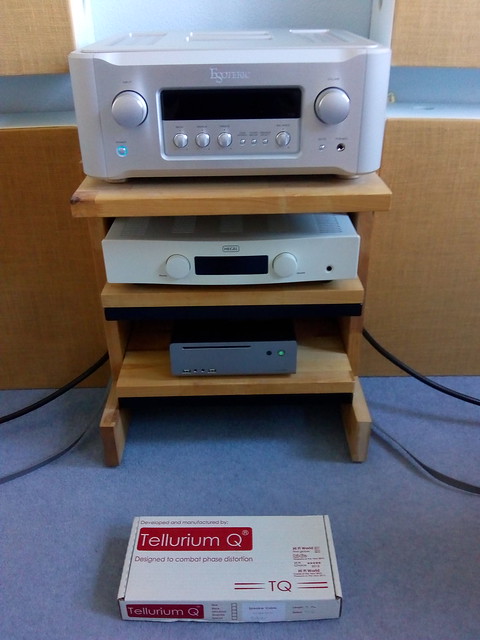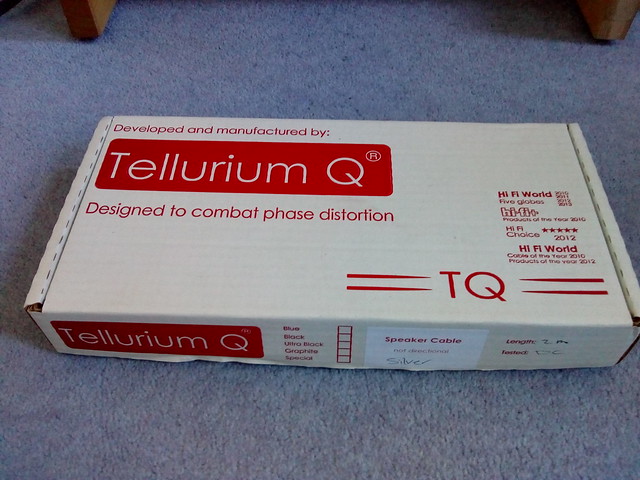Was researching something else entirely the other day and I came across a link to the "Telegraphers Equations" on wikipedia:
https://en.wikipedia.org/wiki/Telegrapher%27s_equations
My rudimentary electrical engineering (i got me a dugrea in mekanicual injunearing from Brunel after all - and that was 30 years ago) is far too weak to do the sums, but it does go some way into explaining why not all cables are created equal.
It notes that:
- a cable acts as a resistor so you get a straight Ohm's law loss;
- the cable also acts as an inductor or coil ("self inductance"), so currents are sluggish to change for example
- that there is a capacitor effect caused by the two cores separated by an insulator and the effect the insulator has on that too;
- and that the electrical insulation between the cores (which is not, despite what youmight think, infinite) also plays a part.
Interesting read.
I also read, which is what I was looking up, that the first transatlantic telegraph cable could only carry one character (in Morse code) took two minutes to travel the length of the cable. Most people think electricity travels at the speed of light, which is 299,792,458 meters per second, so, if you accept that, to travel the roughly 4,000 km (4 million metres) along the cable should have taken about 13 milliseconds.
https://en.wikipedia.org/wiki/Telegrapher%27s_equations
My rudimentary electrical engineering (i got me a dugrea in mekanicual injunearing from Brunel after all - and that was 30 years ago) is far too weak to do the sums, but it does go some way into explaining why not all cables are created equal.
It notes that:
- a cable acts as a resistor so you get a straight Ohm's law loss;
- the cable also acts as an inductor or coil ("self inductance"), so currents are sluggish to change for example
- that there is a capacitor effect caused by the two cores separated by an insulator and the effect the insulator has on that too;
- and that the electrical insulation between the cores (which is not, despite what youmight think, infinite) also plays a part.
Interesting read.
I also read, which is what I was looking up, that the first transatlantic telegraph cable could only carry one character (in Morse code) took two minutes to travel the length of the cable. Most people think electricity travels at the speed of light, which is 299,792,458 meters per second, so, if you accept that, to travel the roughly 4,000 km (4 million metres) along the cable should have taken about 13 milliseconds.




